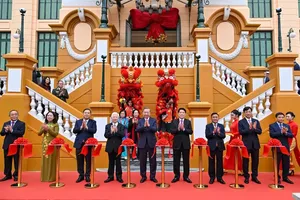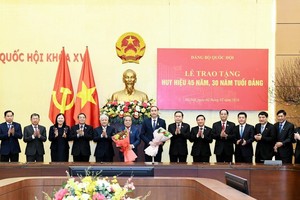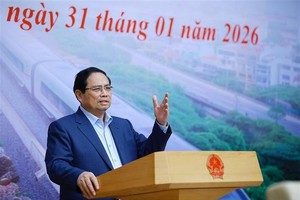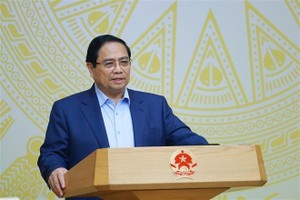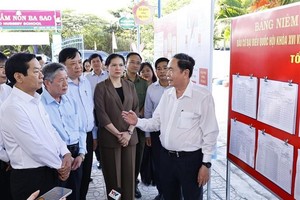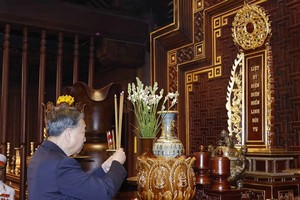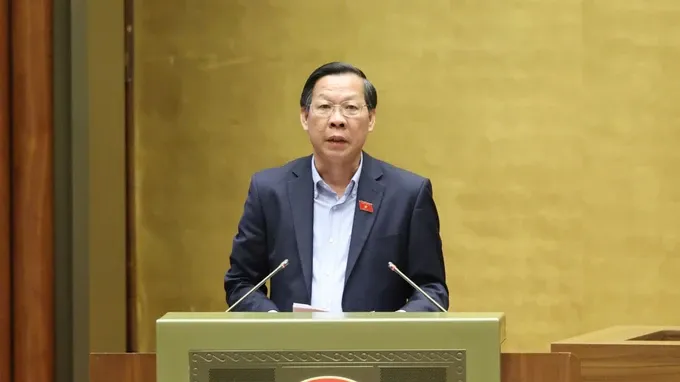
As part of its 9th session, the National Assembly on May 12 reviewed and debated the amended draft Law on Corporate Income Tax, focusing on proposals to streamline tax policies across various sectors, including the press and digital technology.
To affirm the Party and State’s commitment to supporting the press, the NA Standing Committee has adopted the government’s proposal to apply a uniform preferential corporate tax rate of 10 percent to all types of press. This move aligns with the current tax incentives for print newspapers.
In the realm of digital technology, adjustments were made to Article 12, Clause 2 of the draft law to ensure coherence with the provisions outlined in the draft Digital Technology Industry Law. These changes aim to ensure balanced and appropriate tax incentives across technology-related industries.
Regarding small and medium-sized enterprises (SMEs), the proposed tax rates of 15 percent and 17 percent remain consistent with the current policies targeting businesses operating in economically disadvantaged areas or in sectors encouraged for investment. These rates are deemed appropriate for micro and small enterprises and are intended to prevent overly broad application of tax breaks, which could reduce the effectiveness of incentive programmes.
According to Phan Van Mai, Chairman of the NA’s Committee for Economic and Financial Affairs, SMEs that also meet location- or sector-specific incentive criteria will be eligible for even more favourable tax rates as stipulated in the draft law.
Regarding the tax rate for the press, delegate Thach Phuoc Binh of Tra Vinh province stressed that the press sector is currently facing a significant decline in revenue, particularly in advertising, due to fierce competition from digital platforms. Therefore, including the press in the category eligible for preferential tax treatment will help alleviate financial pressure and enable media agencies to continue fulfilling their political and social responsibilities.
The taxation of public service units also sparked discussions. Delegate Hoang Van Cuong of Hanoi argued that taxing autonomous public hospitals and schools, currently taxed at 2 percent on revenue, is inconsistent with the government’s policy of waiving tuition and medical fees. He suggested these units should be exempt from corporate income tax, except for income from joint ventures.
Delegate Nguyen Lan Hieu of Binh Dinh province stated that tax authorities currently interpret any revenue labeled as "service" as taxable. As a result, most income from autonomous public hospitals is subject to corporate income tax, despite its nature as public service revenue.
In response to these concerns, NA Vice Chairman Nguyen Duc Hai requested the Ministry of Finance, which is leading the drafting process, to revise and clarify the relevant tax provisions for public service units in the next draft.
